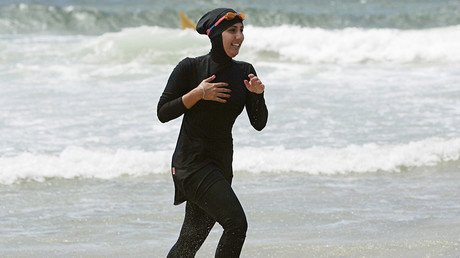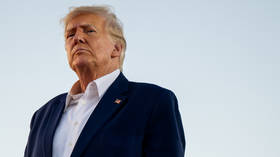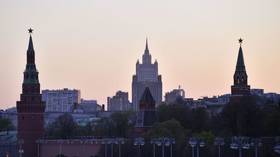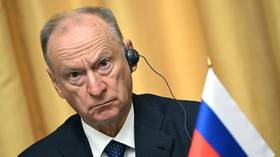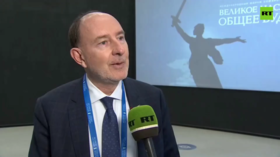Cannes pulls plug on controversial 'burkini party' during film festival
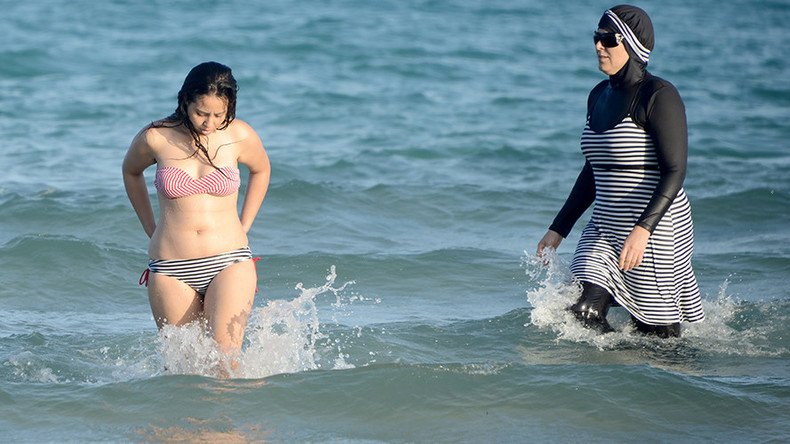
The prefecture of Alpes-Maritimes has scuppered a pro-burkini activist's plans to stage an Islamic beachwear party on Cannes' beach, explaining that all public demonstrations are forbidden for the duration of the film festival in the city.
“I have not been notified of the decision, but I am surprised: France is not Burma,” Rachid Nekkaz told the local newspaper Var-Matin “No one can prevent us from bathing.”
The 45-year-old said that he had previously been granted permits for public gatherings at the height of the current state of emergency and that the ban was “nonsense” and provoked by a “double standard.”
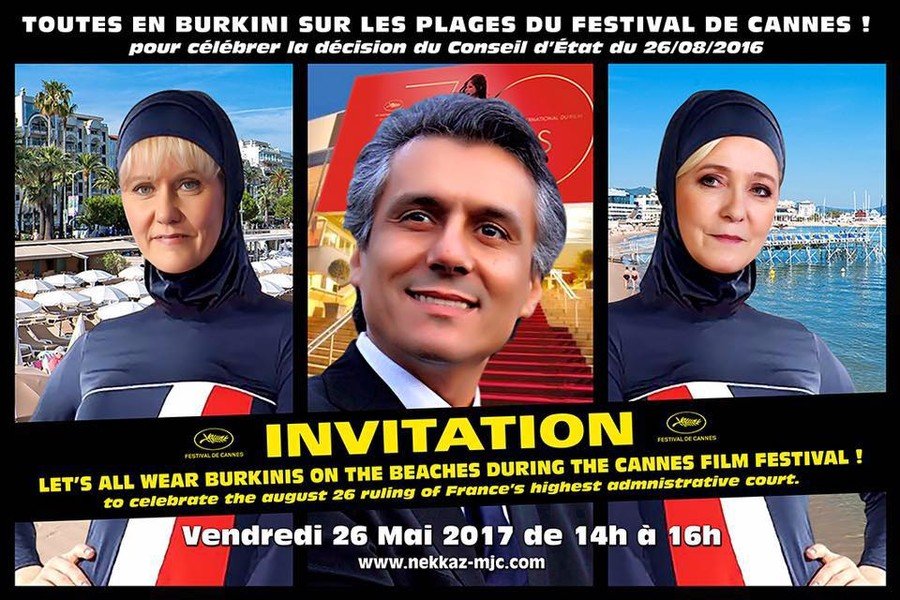
Cannes has been under heightened security for the duration of the world’s premier film festival which opened on May 17 and ends this Sunday.
Scheduled for two hours on Friday afternoon – “the same time it take to watch a film” – the party would comprise the French-Algerian businessman Nekkaz, accompanied by a bevy of women clad in burkinis in the red-white-blue of the French tricolor.
“The Cannes Film Festival is all about liberty and tolerance,” Nekkaz, who made his fortune through internet startups and real estate investments, said in his Facebook invitation which he opened to all. “It‘s the perfect place to celebrate this ‘newfound freedom” in the city that was the first to ban the burkini.”
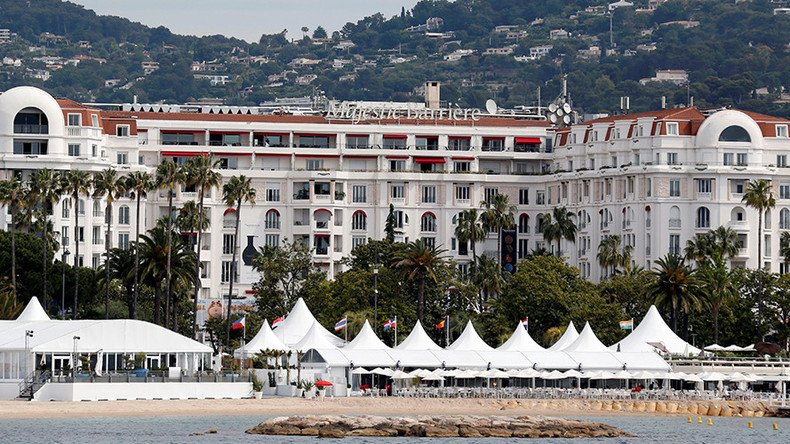
A public beach ban on the burkini – a head-to-toe swimwear garment that complies with Islamic interpretations of “modesty” – was imposed by more than a dozen resorts in the Riviera last July in the wake of the religiously-motivated Nice truck attack that killed over 80 people.
The rule was overturned last August by the top-level administrative court which said the ban was unconstitutional and violated fundamental individual freedoms.
Nekkaz also sent one of his specially made burkinis to losing presidential candidate, the anti-Islamist Marine Le Pen and another conservative politician.
This is not the first time Nekkaz, who says that he is not religious, but is concerned with civil liberties, has successfully courted public attention.
Having failed to make headway in previous local and presidential elections, Nekkaz became known as the Zorro of the Niqab in 2010, when he agreed to pay each €150 fine levied on women who wore the face veil after it was banned in public that year. It is thought he has spent €250,000 of his own money paying fines since.
This did not help Nekkaz realize his political ambitions, however, and ahead of the 2014 Algerian presidential election, he renounced his French citizenship in order to run for office in his ancestral Algeria.
His campaign attracted a mixture of curiosity and scorn, but he has stayed within the country’s political sphere and his burkini party may have been planned with an eye on the Algerian electorate.
